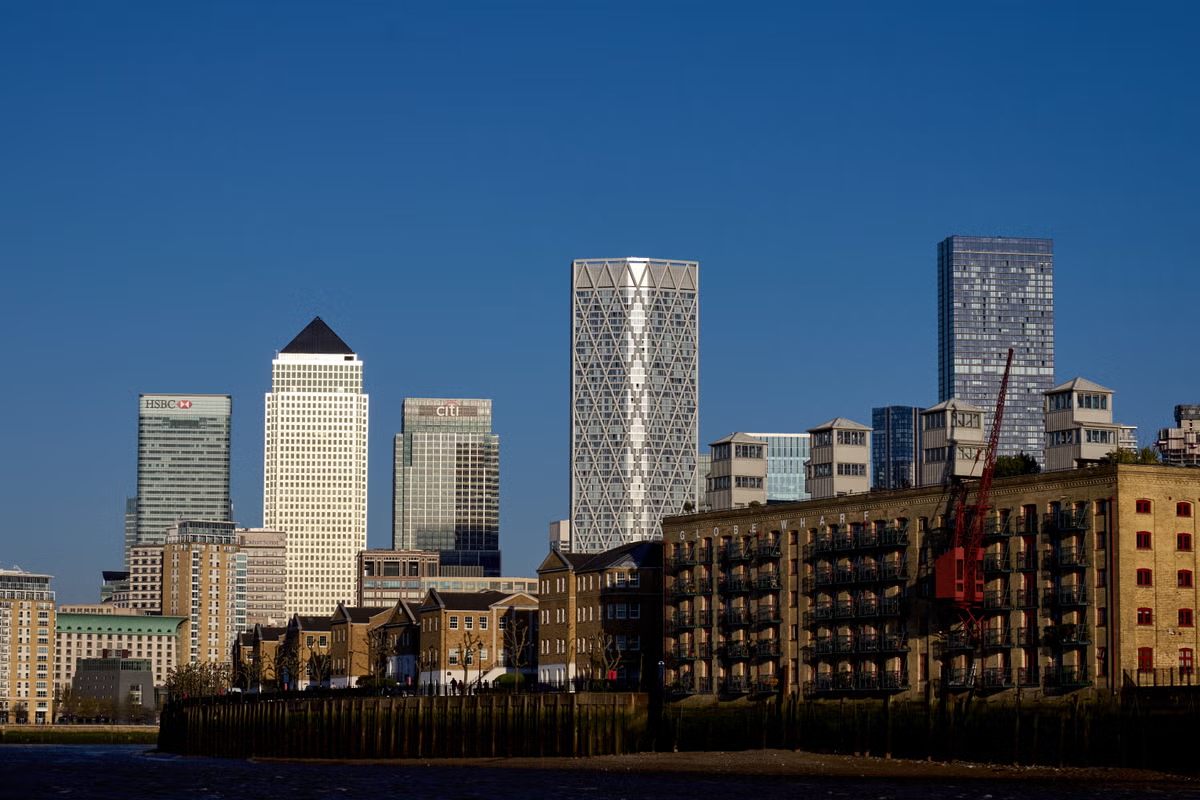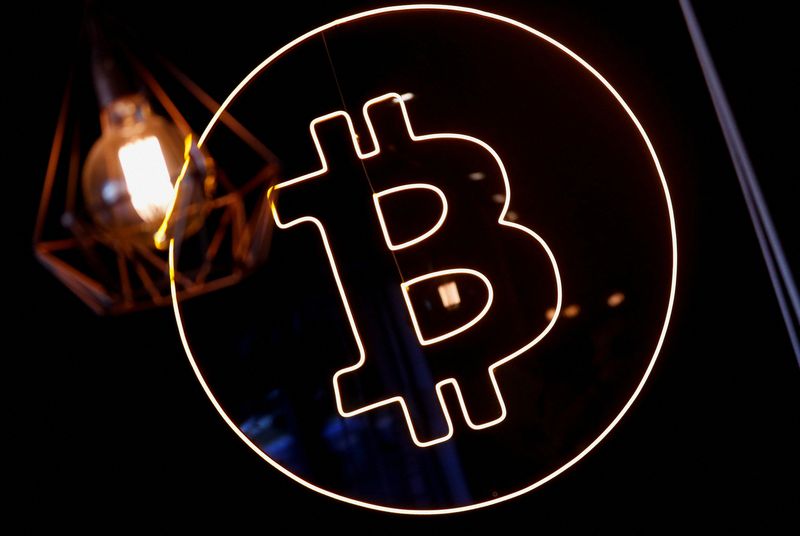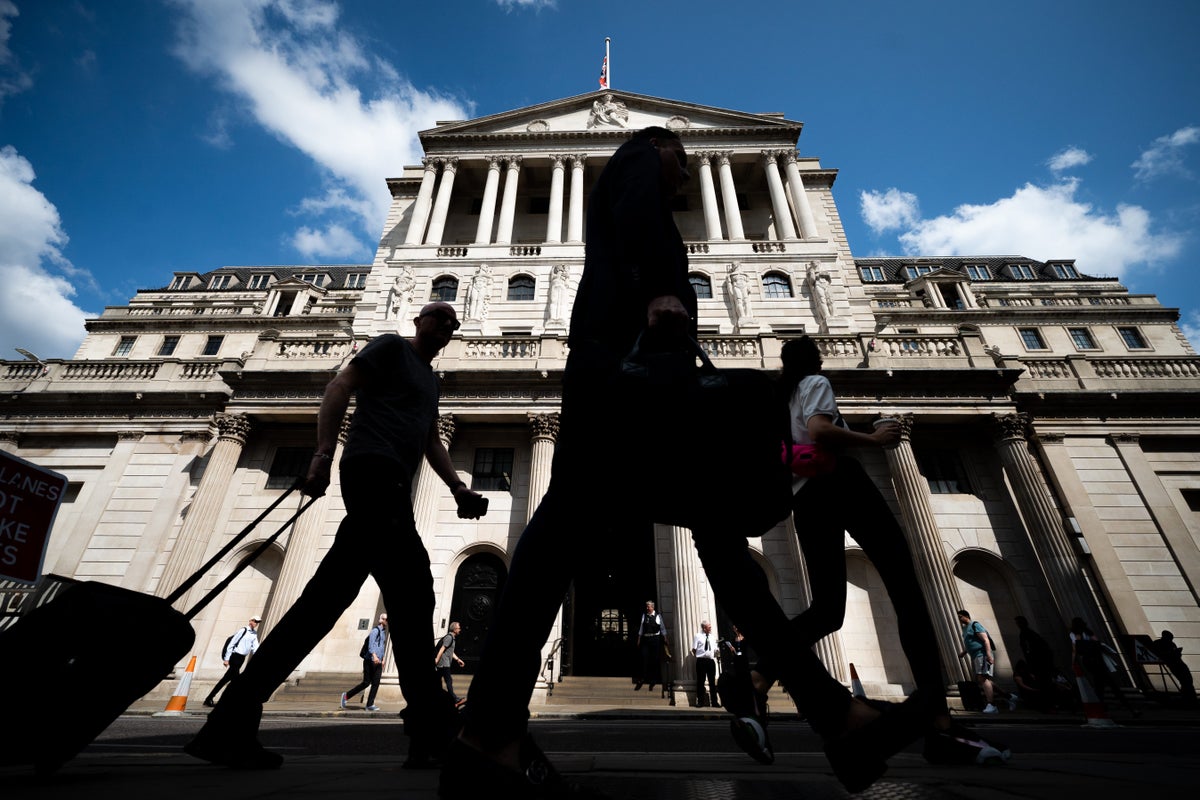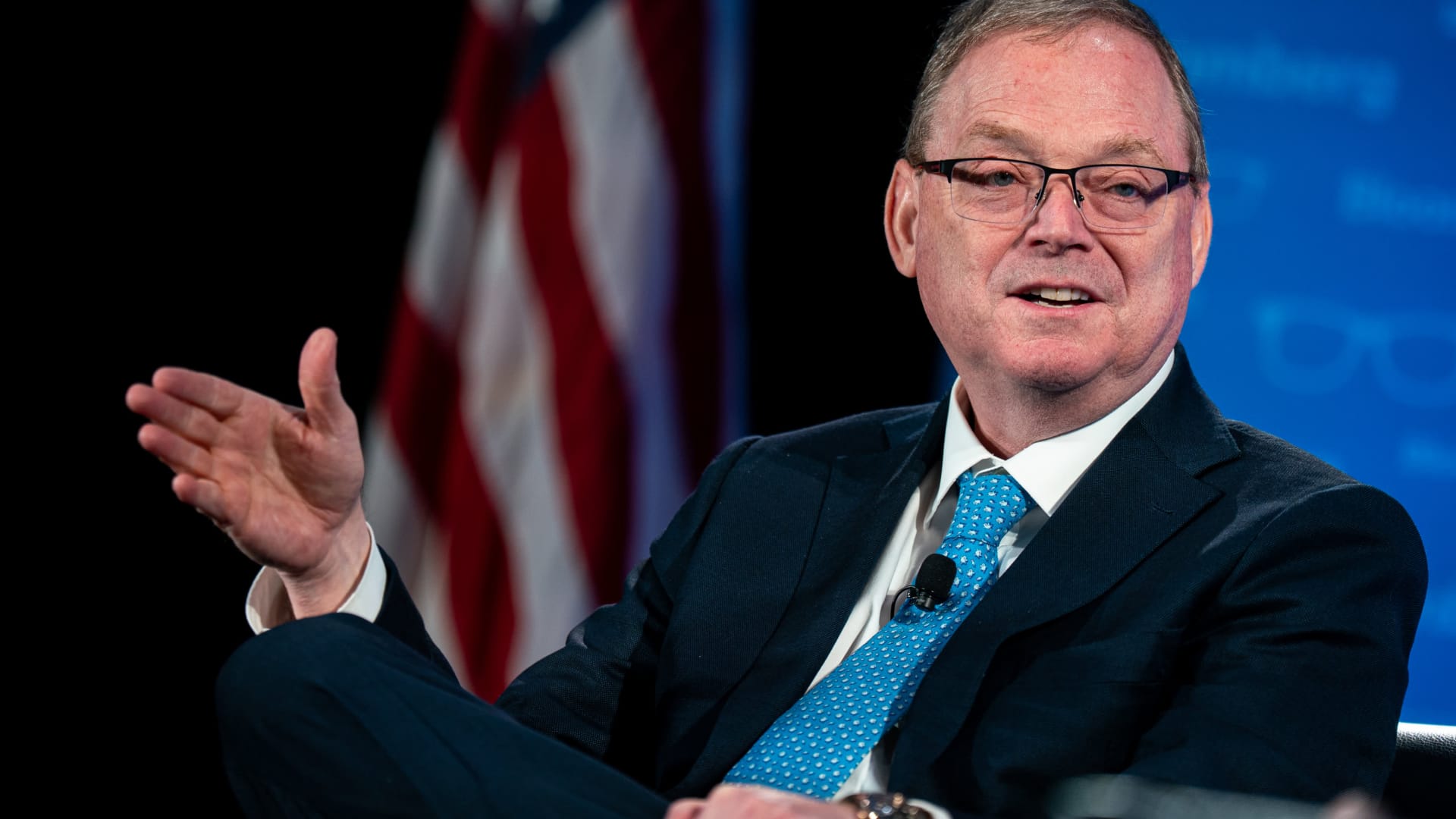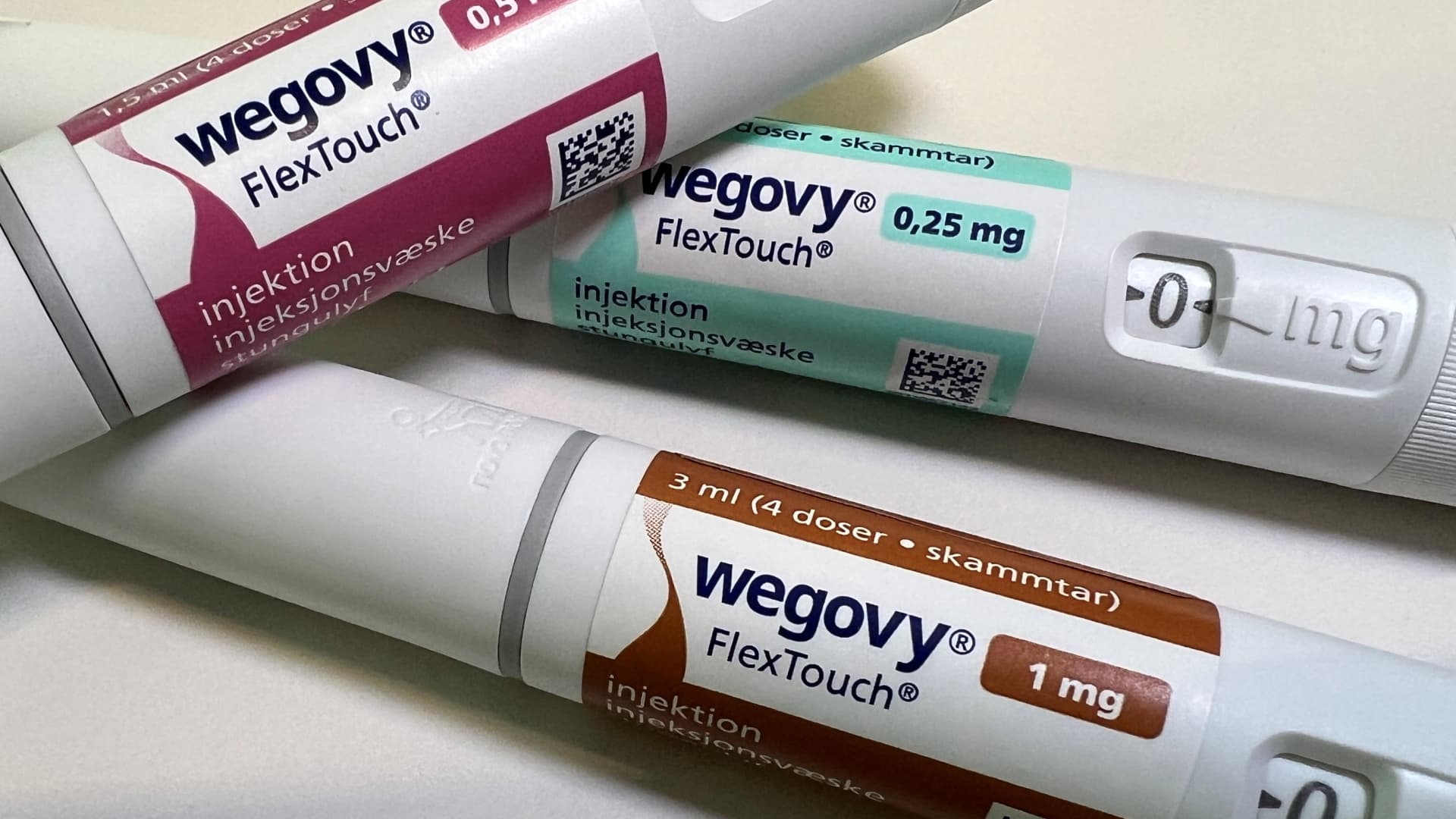The FTSE 100 finished in the green on Friday, outperforming its European peers, despite downbeat economic news ahead of next week's budget.
The index closed up 12.06 points, or 0.1%, to 9,539.71.
The FTSE 250 closed 20.98 points lower, or 0.1%, at 21,363.37, while the AIM All-Share fell 5.56 points, or 0.8%, to 735.64.
Over the week, the FTSE 100 was down 1.6%, the FTSE 250 was down 2.1% and the AIM All-Share was down 1.4%.
The figures showed a surprise drop in retail sales, higher-than-expected government debt and a slowdown in private sector activity.
The Office for National Statistics said net borrowing amounted to £17.4 billion in October, declining from £19.9 billion in September, but above a forecast cited by FXStreet of £15.2 billion.
The figure surpassed the Office for Budget Responsibility's £14.4 billion forecast outlined in March.
Meanwhile, the preliminary composite PMI fell to a two-month low of 50.5 points in November from October's final tally of 52.2.
The preliminary manufacturing PMI rose to 50.2 points in November from 49.7 in October, a 14-month high. But the services PMI fell to a seven-month low of 50.5 from 52.3 in October.
Meanwhile, retail sales fell 1.1% in October compared to September, the ONS said. They were expected to stay afloat, according to the consensus cited by FXStreet. In September they had risen 0.7%.
The data was seen as increasing the likelihood of an interest rate cut by the Bank of England in December, although sterling barely moved.
Rob Wood, chief economist at Pantheon Macroeconomics in the United Kingdom, said risks to growth forecasts now “are on the downside.”
“Those downside growth risks, along with much weaker PMI inflation signals, cement a December rate cut by the (Monetary Policy Committee). We believe the bar for December rate setters will now be very high,” he added.
Wood said a number of surveys give a consistent signal that the final months of “tax nonsense” before the Budget are leading households and businesses to pause spending and “wait and see who gets hit by the smorgasbord of tax rises”.
Sterling was trading at $1.308 at the close of the London Stock Exchange on Friday, slightly down from $1.309 on Thursday.
The euro stood at $1.150, down from $1.153 the previous day.
In European stocks on Friday, the Cac 40 in Paris closed flat, while the Dax 40 in Frankfurt fell 0.8%.
In New York, markets rose as the London stock market closed.
The Dow Jones Industrial Average rose 0.7%, the S&P 500 index rose 0.5% and the Nasdaq Composite rose 0.2%.
The 10-year US Treasury yield stood at 4.07%, down from 4.10% on Thursday. The 30-year U.S. Treasury yield was 4.71%, down from 4.72%.
Back in London, hopes of lower interest rates gave a boost to housebuilders.
Additionally, reports suggested that next week's budget could include changes to Lisas, aimed at helping first-time buyers.
On the FTSE 100, Persimmon rose 4.7%, Barratt Redrow rose 3.6% and Berkeley gained 2.2%.
Credit checking agency Experian rose 3.5% as Citi rose from “hold” to “buy.”
The broker believes that the margins of Experian's North American business could surprise on the upside.
Babcock International gained 1.8% as it raised its interim dividend and supported full-year targets, after trading improved in the first half.
The London-based aerospace and defense engineering firm posted £226.3 million in pre-tax profits for the six months ended September 30, a 32% increase on £172.0 million a year earlier.
Babcock declared a first-half dividend of 2.5p per share, up 25% from 2.0p.
Recent declines in US technology stocks weighed on Polar Capital Technology Trust, which was down 5.3%, and Scottish Mortgage Investment Trust, which was down 3.1%, as the initial boost from Nvidia's results quickly faded.
“The relief around Nvidia's results didn't last long as investors couldn't shake their fears that the AI boom had gotten ahead of itself,” said Dan Coatsworth, head of markets at AJ Bell.
“There is persistent concern that the AI revolution may take longer than expected to truly transform the way companies do business.
“People in the late 1990s were right to predict that the Internet would change the world, they just had to wait a little longer than initially thought, and that reset of expectations was instrumental in the bursting of the dotcom bubble,” he added.
On the FTSE 250, Hammerson rose 7.1% after buying the remaining 50% of The Oracle in Reading and raising its guidance.
Hammerson raised its financial guidance for total gross rental income growth for 2025 to 19%, from 17% previously forecast.
Brent crude oil was trading lower on Friday at $62.15 per barrel at the close of the London Stock Exchange, down from $63.44 on Thursday.
Gold traded higher at $4,073.57 an ounce on Friday from $4,058.47 on Thursday.
The biggest risers on the FTSE 100 were Persimmon, which rose 57.0p to 1,258.5p, Diageo, which rose 64.0p to 1,768.0p, Barratt Redrow, which rose 13.3p to 378.8p, Experian, which rose 114.0p to 3,353.0 pence and the London Stock Exchange, which rose 272.0 pence to 3,353.0 pence. 8,602.0p.
The biggest fallers on the FTSE 100 were Melrose Industries, down 37.0p to 570.0p, JD Sports Fashion, down 4.4p to 72.9p, Polar Capital Technology Trust, down 24.0p to 433.0p, Glencore, down 14.0p to 335.0p. pence, and Rolls Royce, a fall of 41.0 pence to 1,038.0 pence.
Contributed by Alliance News

